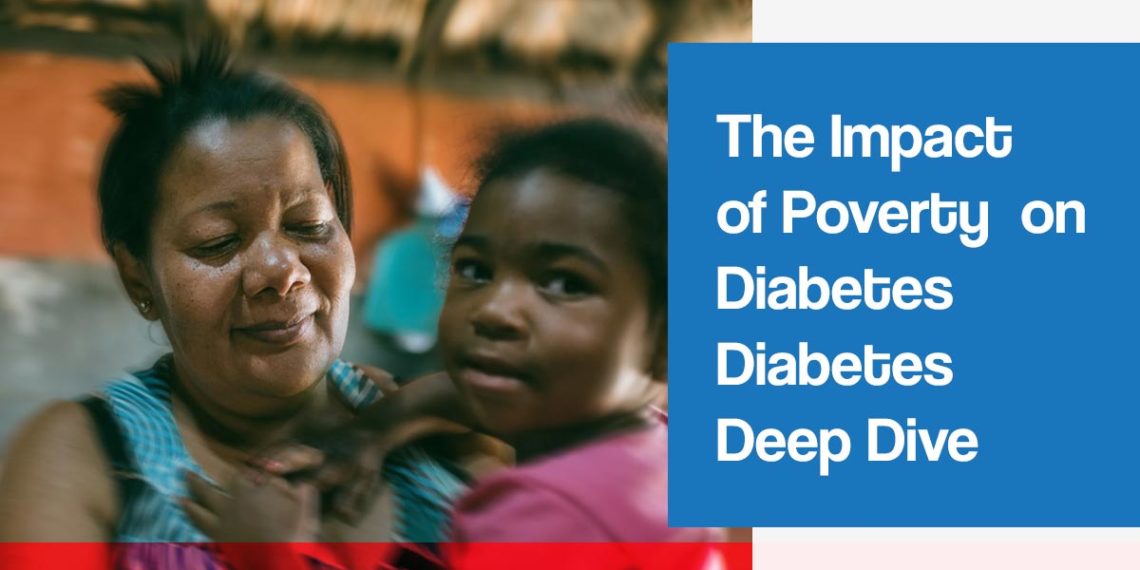Diabetes is a disease that affects more than your health. Diabetes also affects your finances.
Living with diabetes is expensive. The medications used to treat diabetes are costly, even if you have insurance that covers part of the cost. The foods that you need to eat to keep your sugar in check, along with other costs of living with diabetes can be hard on any budget. This is especially true for those living in poverty. There are several factors related to the impact of poverty on diabetes.
Living in certain geographical areas exacerbates the problem
People living in poverty are often isolated in certain geographic locations where they can find affordable housing. These neighborhoods and communities are often located in areas where nutritional food is in short supply.
People that live in high poverty areas may depend on the corner store for food, which typically sells a lot of unhealthy food, and little nutritional food. These situations in certain geographical areas make following a healthy, low-carb diet more difficult and more expensive, compared to people who have diabetes that live in areas with little poverty.
Insulin affordability is a critical cause of concern
The cost of purchasing a one-month supply of insulin for some patients easily exceeding $1,000. This is true even for those who have insurance.
Individuals who have diabetes might find that the cost of their copayments for long and short-acting insulin, along with oral medications, create even more financial hardships.
Lack of access to medical care
Many people who have diabetes and that live in poverty often experience a lack of access to affordable medical care to see primary care physicians, endocrinologists, or other medical professionals. They are also likely to have difficulties affording testing supplies and other necessities to help them control their blood glucose.
People who have diabetes discover that it is expensive to have the condition. The affordability of the ongoing, long-term expenses is even worse for those who live in poverty and have diabetes.



